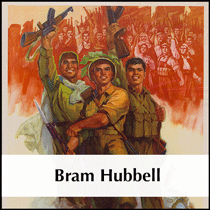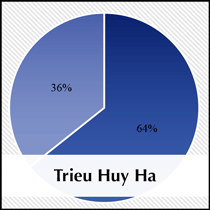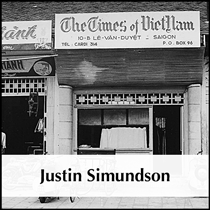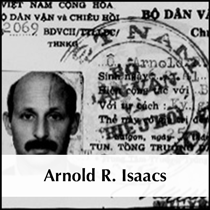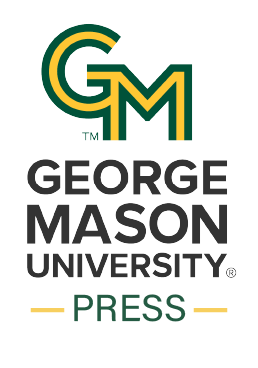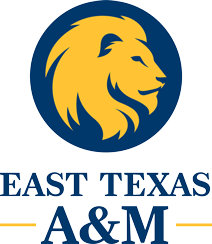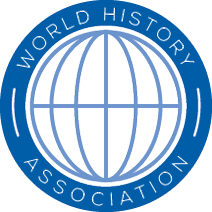Announcing Vol. 20. No. 3
George Mason University Press announces the publication of the Fall 2023 issue (Vol. 20 No. 3) of World History Connected. This issue is worthy of special attention in two respects. This year, the 20th anniversary of World History Connected, has seen the creation of the of the World History Association’s World History Connected Book Prize. The Prize honors the best published book, article or other contribution to the field that expresses the ethos of the journal, which is to promote accessibly written superior research scholarship and the scholarship of teaching-ideally a combination of both—that may serve to build the broadest possible world history community. Contact Cynthia Ross at Cynthia.Ross@tamuc.edu for further information. This development is followed by the long-planned succession of Cynthia Ross as Editor of World History Connected with its next issue, as its Editor for the past 15 years, Marc Jason Gilbert, departs to assist in the development of academic and cultural initiatives in the newest of world regions, the Indo-Pacific.
The Forum
This year, the journal’s Forums, or topically focused section, have largely been devoted to exploring the challenges and rewards now facing the field. The first two issues of the year addressed the impact of some reforms in World History Standards made in many U.S. states which limit their past educational scope and intent. The second issue, with an unprecedented double Forum, explored related changes to local classroom curricula and also addressed “The American West in World History,” which emphasizes the richness of approaches to the field that have been fostered under previous World History Standards and curricula.
This final Forum of the year asks the question, “Why Teach World History,” partly as a further response to changes mentioned above, but also to revisit why the field means so much to its practitioners and students alike. The Forum’s Guest Editor, Rick Szostak, first traces the origins of the Forum to a World History Association panel of that title, featuring Szostak, Jonathan Reynolds, Cynthia Ross, Andew E. Barnes, and myself (recused from this Forum as Editor, though my contribution is acknowledged). As Szostak points out in his introduction, “Each author describes how they have reflected over time on the purposes of World History. Yet, a few ideas come up more than once. World History can teach us about our common humanity. It can remind us that our lives are shaped by centuries of global interactions. It can urge us to respect and understand cultural differences. The personal nature of each individual reflection makes it difficult to summarize each contribution. Each essay is multifaceted and best appreciated in its entirety,” to which I would add that each is an engaging piece of writing for any audience.
Individual Articles
Throughout this year, the journal has published some remarkable individual articles alongside the Forums that add to our knowledge in stimulating ways, often through rewarding comparative studies. In a previous issue, Martha Chalkin explored the role of animals in diplomatic exchanges and relations in WHC through her article, “The Merchant's Ark: Live Animal Gifts in Early Modern Dutch-Japanese Relations,” which references horse, dogs and camels (WHC 9.1, 2012). In this issue, Ali Gibran Siddiqui’s “The Walrus and the Emperor: Materials, Miracles, and Memory in the Early Modern Persian Cosmopolis,” "reaches from the Arctic to Isfahan to Bukhara and to Lahore in a way that, according to peer reviewers, was delightful from the first page, all the more so because of his effort to translate his research into classroom activities. Also in this issue, William Palmer’s article, “From Tudor Ireland to My Lai: Understanding Conspiracy, Information, and Minority Panic in Colonial Massacres,” draws parallels in colonial violence across much time and space. He hopes that though the case studies he uses are mostly among English-speaking peoples, his study can advance the subject in many ways, and, as does Siddiqi, may find relevance in the classroom.
Book Reviews
Felipe Fernández-Armesto, Straits: Beyond the Myth of Magellan, by Ian Abbey; Alyssa Goldstein Sepinwall, Slave Revolt on Screen: The Haitian Revolution in Film and Video Games, by Kyley Canion Brewer; Steven Press, Blood and Diamonds: German Imperial Ambitions in Africa, by J. David Cameron; Stephen Jackson, The Patchwork of World History in Texas High Schools: Unpacking Eurocentrism, Imperialism, and Nationalism in the Curriculum, 1920-2021, by Nicole Donawho; R. Keith Schoppa, The Twentieth Century: A World History, by Birgit Schneider.
About World History Connected
World History Connected is a grant-supported open-sourced, double-blind peer reviewed affiliate of the World History Association. It serves as a means of creating community among all those devoted to research and teaching world history. Not every article “connects” or bridges these twin objectives, but published reviews have judged this e-journal successful in achieving its dual goal in supporting and disseminating globally both archivally based research and the scholarship of teaching. Over its 20 years of existence, it has been guided by world historians and educators devoted to providing publication opportunities for senior, rising, and scholars just entering the field, offering the latter assistance in reaching the highest standards for accessible writing, referencing, and formatting, whether the article is, or is not, accepted for publication. Its editorial staff includes past presidents of the World History Association and distinguished Advanced Placement and Master Teachers, none of whom are paid for their service.
Those interested in submitting articles to the journal should email the Editor, Marc Jason Gilbert (hallgilbert@earthlink.net) with the subject line, “WHC Submission,” adding their name and short tile of the submission. Prospective authors of articles should refer to the journal’s “Submission Guide and Style Sheet” before submitting their articles for peer review. The Guide can be found on the journal’s website at https://journals.gmu.edu/index.php/whc/submission-guidelines. Like all academic journals, it reserves the right to decline to publish any submission.
World History Connected welcomes expressions of interest from those who might like to serve as Guest-Editors for its Forums. Calls for Papers to contribute to announced Forums, as well as for individual articles, are regularly posted on H-Net, the World History Association’s Newsletter and social media.
Book reviews are welcome via preliminary contact with the journal’s Book Review Editor, Cynthia Ross (Cynthia.Ross@tamuc.edu).
The journal is published 3 times annually (Winter, Summer and Fall), with additional material shared on social media through its social media editors, Angela Lee (mrsleehistory@gmail.com), Suzanne Litrel (suzannemlitrel@gmail.com), and Joe Snyder (jsnyderwvu@gmail.com).


